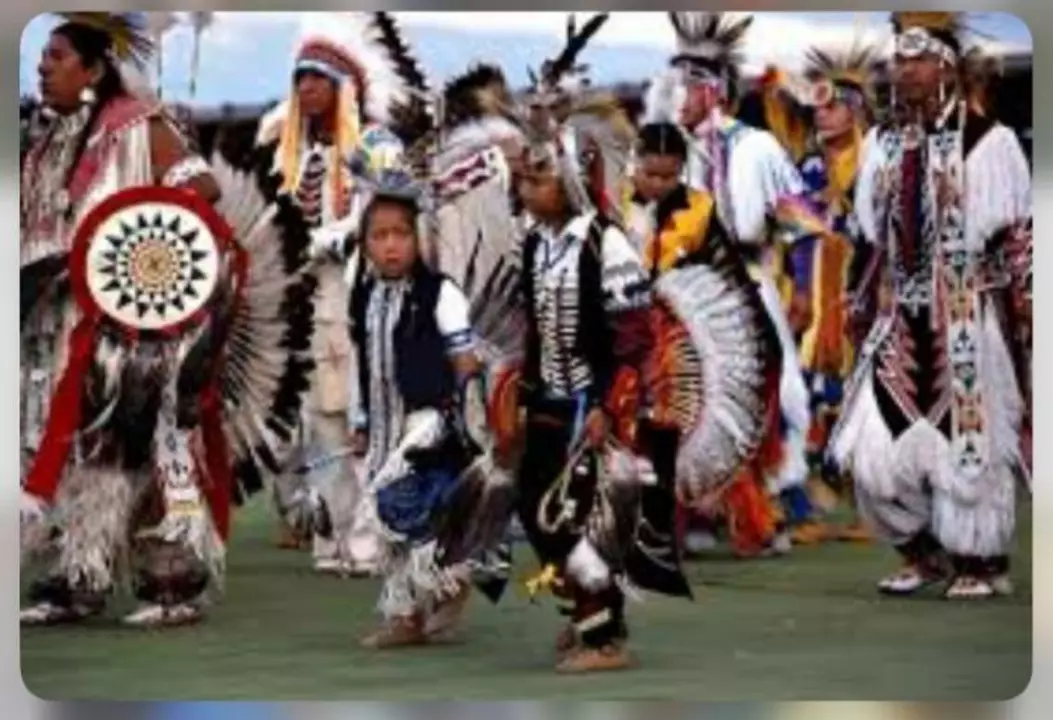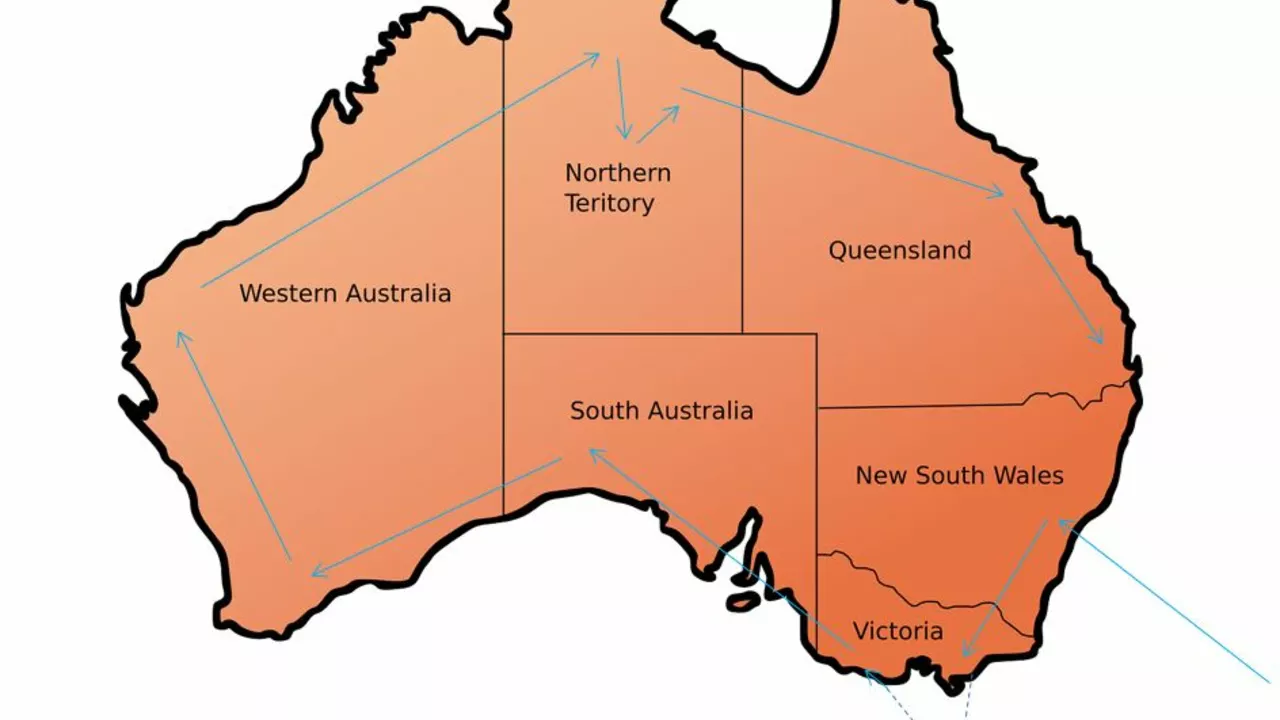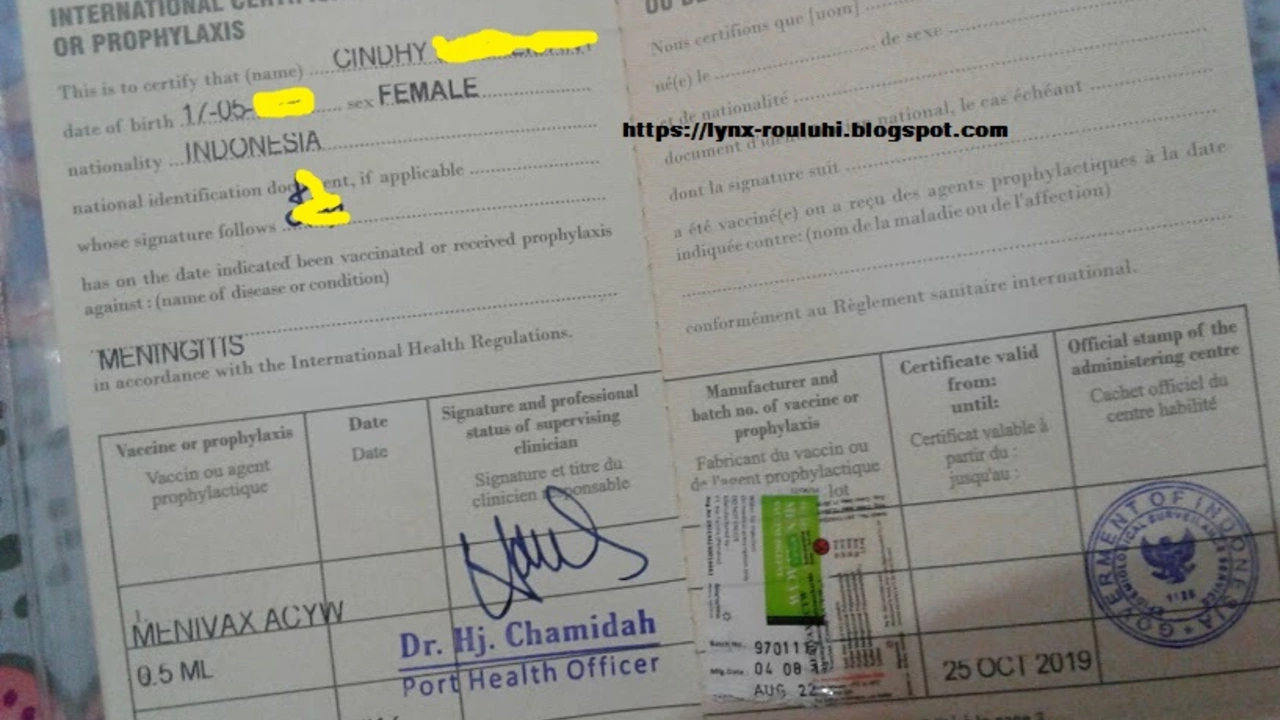Why do Indian-Americans hate India and Indian culture?
Misconceptions about India and Indian culture
One of the primary reasons behind the seemingly negative attitude of Indian-Americans towards India and Indian culture is the presence of several misconceptions. These misconceptions are often rooted in stereotypes and a lack of understanding about the intricacies of Indian culture. For instance, people often associate India with poverty, corruption, and overpopulation, while ignoring its rich history, cultural diversity, and contributions to the world.
Media portrayal of India also plays a significant role in shaping the opinions of Indian-Americans. The constant negative news about Indian politics and society can create a sense of shame and embarrassment, leading to a rejection of their Indian roots. However, it is essential to recognize that every country has its issues, and it is unfair to judge an entire culture based on a few incidents.
The pressure to assimilate
Indian-Americans, like any other immigrant community, face immense pressure to assimilate into their new country. This pressure often comes from the need to adapt to a new culture, language, and social norms. In the process of assimilation, Indian-Americans may feel the need to distance themselves from their Indian roots to fit in better with American society. This distancing can manifest itself in the form of criticism and rejection of Indian culture.
Moreover, some Indian-Americans may adopt a superiority complex, believing that they have "upgraded" to a better life in the United States. This mindset can lead them to look down upon India and its culture, further fueling the resentment towards their roots.
Identity crisis and internal conflicts
Indian-Americans often find themselves caught between two cultures, leading to an identity crisis. They may struggle to strike a balance between maintaining their Indian heritage and embracing American culture. This internal conflict can result in feelings of confusion, frustration, and resentment towards both cultures.
As a result, some Indian-Americans may choose to reject their Indian roots altogether, blaming India and its culture for their identity struggles. This rejection is a defense mechanism to cope with the challenges of navigating a dual identity.
Discrimination and racism in the United States
Another factor that contributes to the negative attitude of Indian-Americans towards India and Indian culture is the discrimination and racism they may face in the United States. Stereotyping and racial profiling can lead to feelings of alienation and isolation, making it harder for Indian-Americans to embrace their heritage proudly.
In response to discrimination, some Indian-Americans may distance themselves from their Indian roots to avoid being stereotyped and targeted. This distancing can manifest as a rejection of Indian culture and an overemphasis on their American identity.
Generational differences and the disconnect with India
Generational differences also play a crucial role in shaping the attitudes of Indian-Americans towards India and Indian culture. First-generation immigrants may have a stronger connection to their Indian roots, whereas second or third-generation Indian-Americans may feel disconnected from their heritage due to their upbringing in the United States.
This disconnect can lead to a lack of understanding and appreciation for Indian culture, as their exposure to it might be limited and filtered through their parents' or grandparents' experiences. Consequently, they may develop a negative perception of India and its culture based on their limited understanding.
Clash of eastern and western values
The clash between eastern and western values can also contribute to the negative attitude of Indian-Americans towards India and its culture. Indian culture tends to be more collectivist, with a strong emphasis on family and community, whereas American culture is more individualistic, prioritizing personal achievements and freedom.
As Indian-Americans navigate these two sets of values, they may experience conflicts, leading to resentment and frustration towards their Indian roots. For example, they may resent the pressure to adhere to traditional gender roles or the expectation to maintain strong family ties, as these values may seem restrictive and outdated in the context of their American lives.
Conclusion
It is essential to recognize that the negative attitude of some Indian-Americans towards India and Indian culture stems from a complex interplay of various factors, including misconceptions, the pressure to assimilate, identity crisis, discrimination, generational differences, and the clash of values. It is crucial to address these issues by fostering open dialogue, promoting cultural understanding, and celebrating the diversity that Indian-Americans bring to the United States.



